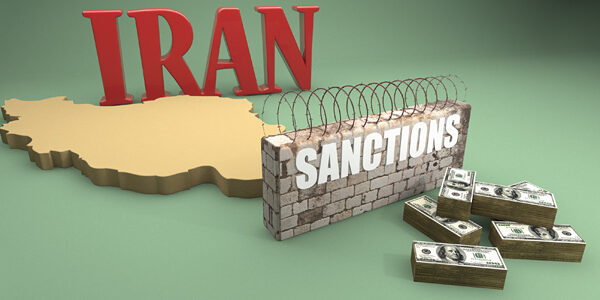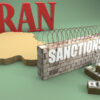Oil and gold prices experienced a decline following indications from Iranian authorities that downplayed reports of an attack by Israel. Initially, Brent crude, the global benchmark, surged to over $90 a barrel after news of the alleged attack surfaced, but later retreated.
Gold also saw a brief ascent, nearing a record high before settling below $2,400 an ounce. The prospect of a deepening conflict in the Middle East raised concerns about potential disruptions to oil supplies. Investors closely monitored Israel’s response to Iran’s recent drone and missile strike.
Although oil prices initially spiked by up to 3.5%, they subsequently receded to around $87 a barrel after Iranian state media asserted that Isfahan province, where explosions were reported, had incurred “no damage.”
Heightened and sustained increases in oil prices carry the risk of exacerbating inflation, given the commodity’s pivotal role in fuel production. Energy and fuel costs have been significant contributors to the global rise in living expenses over recent years.
Randeep Somel, a fund manager at M&G Investment Management, highlighted concerns over inflation, noting its implications for monetary policy decisions, particularly in the UK, where inflation remains above the Bank of England’s target. However, he expressed relief that market disruptions stemming from the incident appeared to be short-lived.
Despite the initial spike in oil prices, they remained significantly lower than the peaks observed following Russia’s invasion of Ukraine in February 2022, which prompted widespread sanctions and a surge in household energy bills.
The surge in gold prices during periods of uncertainty underscores its status as a safe-haven asset. Tensions in the Middle East have also raised fears about potential disruptions to shipping routes, notably the crucial Strait of Hormuz, through which a substantial portion of global oil supply passes.
Energy market analyst Vandana Hari noted that the initial surge in oil prices reflected concerns about escalating conflict in the region, highlighting the heightened fragility and volatility in the Middle East. Stock markets responded mixedly to the unfolding events, with US indices showing varied movements, while European and Asian markets exhibited a similarly divergent trend.
Overall, the situation underscores the intricate interplay between geopolitical developments and financial markets, with implications for global economic stability.
For comments, Feedback and Opinions do get in touch with our editor on WhatsApp: +27 82 836 5828






